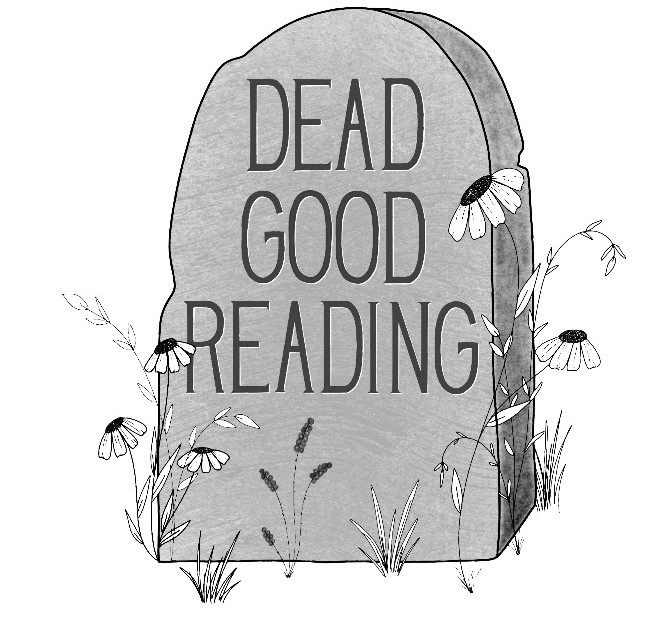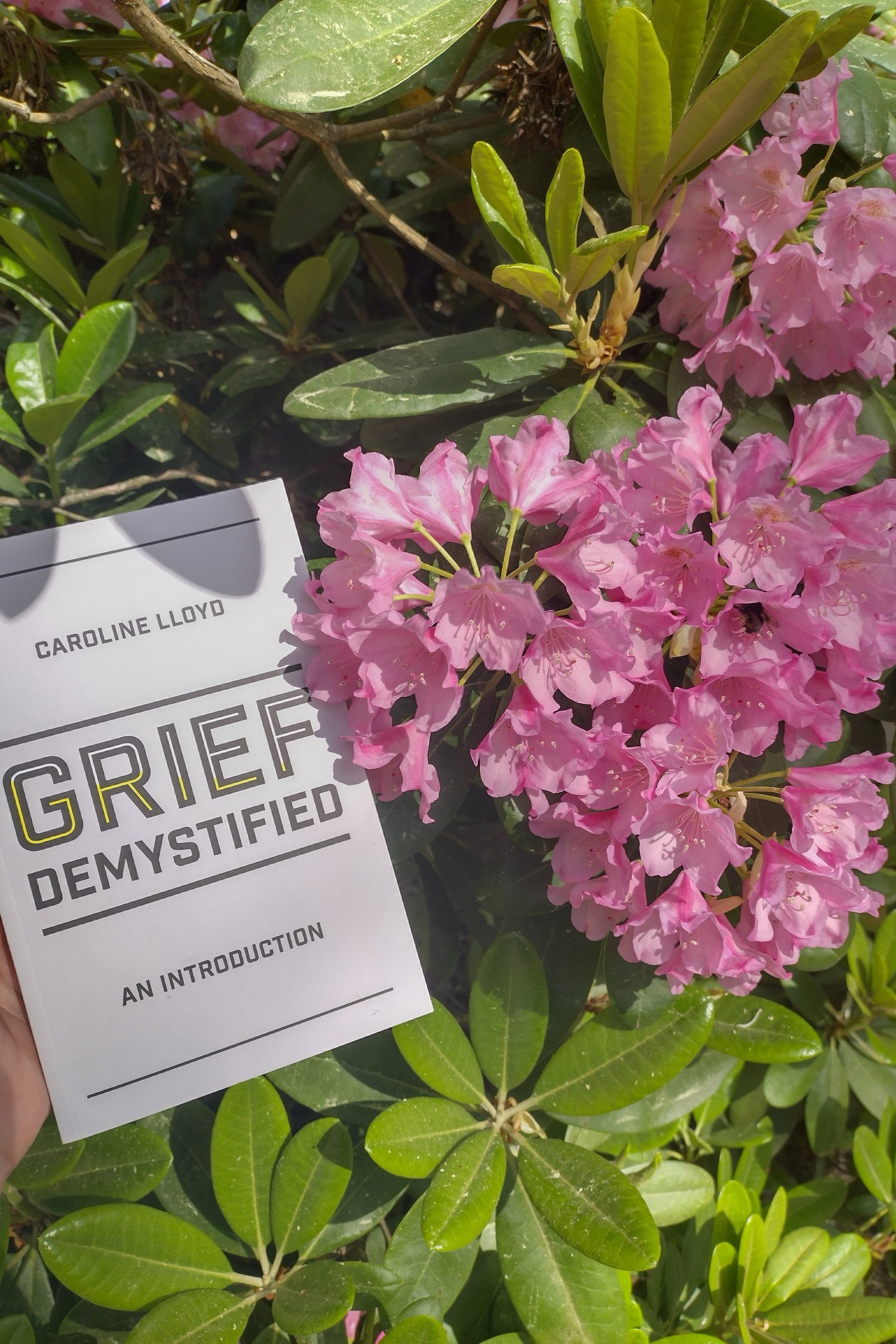Grief Demystified is an excellent starting point for anyone interested in academic theories around grief. I have commented in the past that a lot of memoirs and grief books, and personal written accounts on grief and bereavement, do not seem to engage with the literature that is out there. Or, do not seem to engage with theories beyond Freud and Kübler-Ross. Yet, several developments have been made in the fields of psychology and psychiatry since then.
Caroline Lloyd aimed to ‘provide research-based information that is accessible to everyone’. Indeed, she has given readers an accessible introduction to, amongst other things, attachment theory, Tonkin’s notion that people grow around grief as opposed to grief ‘shrinking’, introverted and extraverted grieving styles and continuing bonds theory. This book will thus be helpful for people experiencing bereavement and wanting to read more about the theories behind their experiences, as well as people who are supporting the bereaved, either in a professional or personal capacity.
“To state the obvious, grief is the cost of loving someone: the greater the love, the greater the loss, the greater the impact”
— Grief Demystified Page: 26.
Despite decades of research, some ideas have difficulties to gain ground in popular discourse and do not reach general audiences. The need of a book like Grief Demystified is clear as a recently published article in the Guardian ‘It’s like the loss happened yesterday’: prolonged grief is now a disorder in the US – so how long is too long to mourn? shows that notions of having to ‘get over’ a death, and the popular 5-stages theory of grief continue to prevail.
LLoyd shows how grief experiences are unique, and that there is not a singular way, or path when it comes to death and dying. She outlines the various ideas around grief and bereavement. She also notes the two camps that exists: people who think some forms of grief are mental health problems on the one hand, and people who strongly reject that notion. The Guardian article mentioned above, shows the increased medicalization and pathologizing of grief. Whatever your view, Lloyd provides a brief outline of the currently available ideas, and readers can make up their own minds whether they agree or disagree with certain ideas, and whether they find them helpful.
Lloyd sets out to demystify and to debunk certain prevailing ideas that are not based on the actual lived experience of grieving people. The 5-stage model of grief is a prime example of this, and while I fully agree with Lloyd that this model is outdated and not used in the way it was intended by its original author, the survival of this idea clearly shows how many people are desperate for a framework, or something they can complete, when faced with loss.
I have also been told by Caroline that the picture of the Victorian family in the introduction is her family, and that there may or may not be a dead relative depicted in this photo (I am still not sure who it would be!)
The book is very compact and easy to read. It glosses over a myriad of topics, and sometimes I personally would have wished for more depth at times (and sometimes more nuance, as the introduction chapter seems a whistle-stop history of attitudes on death and dying, and whilst Lloyd speaks about ‘Western’ attitudes, this chapter mainly describes the development particular to the UK). But in sum: this book achieves exactly what it sets out to do: it offers a clear description of the various theories on grief that are out there, and shows that whatever you’re feeling at times of loss is absolutely justified.
If you want to learn more about Caroline you can visit her website.


Leave a Reply